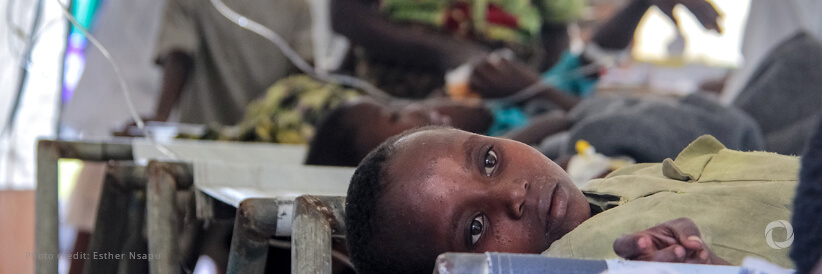Recent deadly floods in Nigeria, which have killed over 600 people and displaced 1 million more, have led to a major increase in cholera cases and other preventable diseases, warns the International Rescue Committee (IRC). The IRC is scaling up the response as well as the sanitation and hygiene and health programming in order to stop the spread of cholera and save lives. The IRC calls for more resources to help and other frontline organizations rapidly scale up to address the massive humanitarian needs in the flood-affected areas.
Babatunde Anthony Ojei, Nigeria Country Director at the IRC, said
“Nigeria has not seen flooding like this in more than a decade. At least 13 government areas are experiencing a deadly cholera outbreak with more than 6,000 cases and a 4-5% case fatality ratio. The IRC needs more resources to scale up our health workers to treat cholera patients and our water and sanitation programming to help us stop the spread”.
Having contributed less than 1% of the world’s global emissions, yet ranked in the bottom 20% of countries equipped to respond to the impacts of climate change, Nigeria is increasingly bearing the brunt of a crisis it did not cause. More frequent droughts and flooding coupled with a global economic crisis has led to increasing food insecurity. More than 1 million children in the northeast are expected to suffer from acute food insecurity this year, making them more susceptible to succumbing to diseases like cholera. The world, especially the countries contributing the most to climate change, must step up and help countries suffering its consequences.
With more rains expected over the coming months, the IRC calls for better coordination between Nigeria and Cameroon on excess water releases and appropriate mitigation plans for communities that are in the line of impact. If nothing is done, more children and women may die from preventable diseases. The international community must step up to support those in need of life-saving care in Nigeria.

